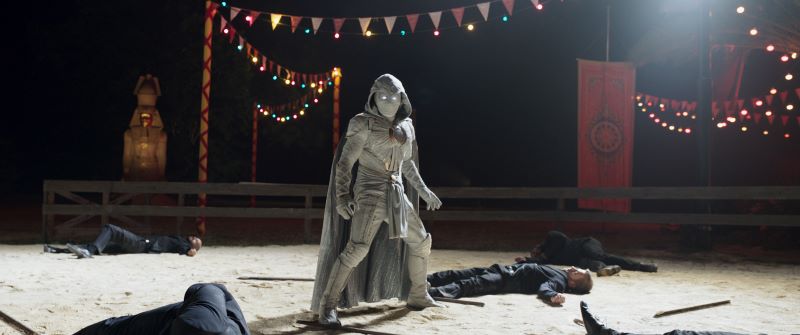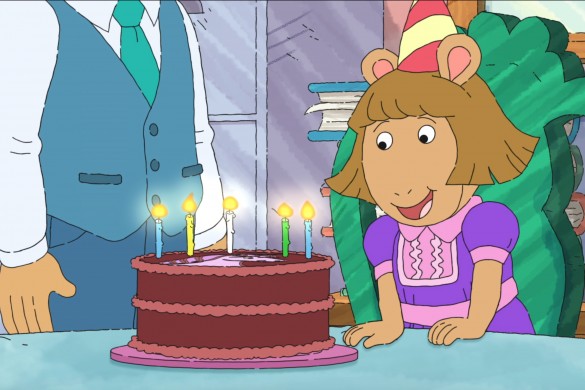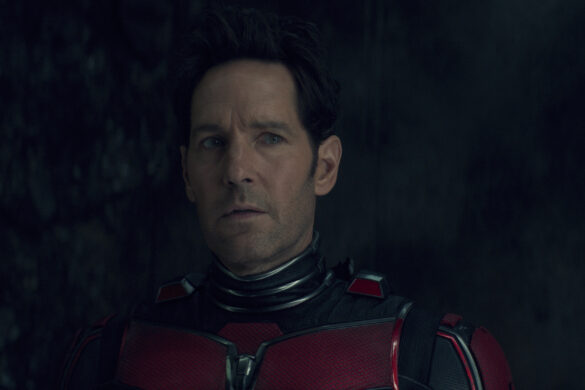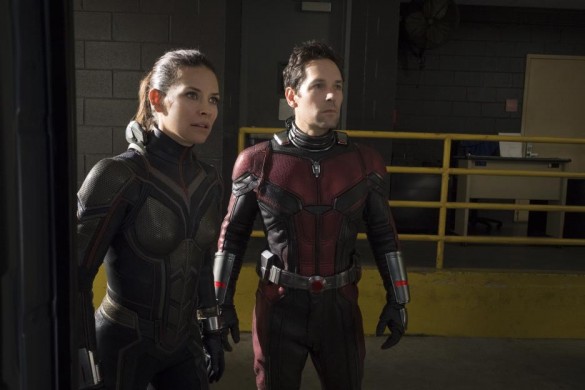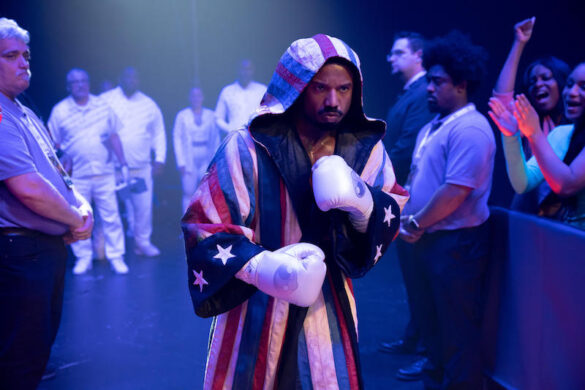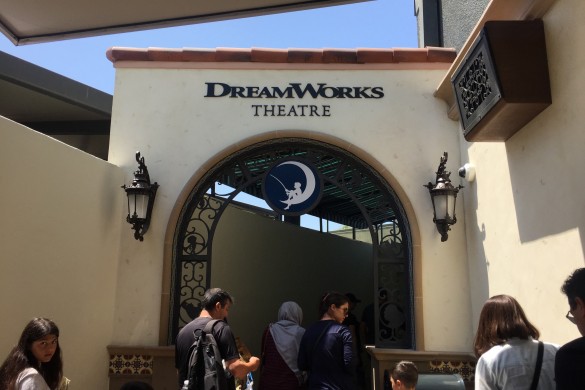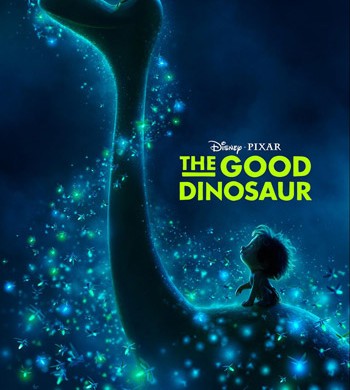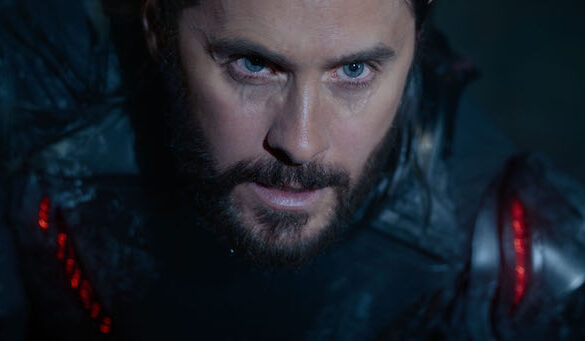Marvel Studios’ “Moon Knight” is a brand-new original series that expands the MCU in dark and twisted ways. In it, Oscar Isaac stars as the titular lunar caped crusader, powered by an Egyptian deity, who finds himself struggling with dissociative identity disorder. It requires a unique performance from its lead, who has to play a multi-layered role. One as the timid and mild-mannered gift shopkeeper Steven Grant, another as the fearless mercenary Marc Spector, and then, of course, as Moon Knight himself. But as Steven, Marc, and Moon Knight vie for control over the one body, the three must face off against Arthur Harrow (Ethan Hawke), a cult leader who worships Egyptian God Ammit.
ThatsItLA joined their fellow journalists for the “Moon Knight” press conference that took place earlier this week. The cast and crew talked about their experience filming the upcoming Marvel Studios series, revealed some fun Easter eggs, and more.
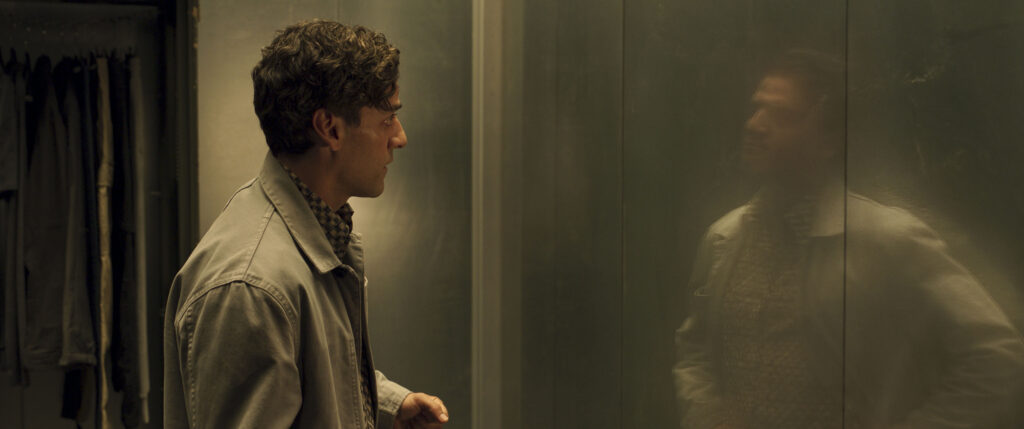
1 – Brotherly Love
For his part, Isaac found an efficient way to play dual roles that required him to be in the same scene. Rather than switch places constantly, the actor had his brother step in place whenever Isaac needed to play the other version of himself. “Well, the first step was to hire my brother, Michael Hernandez, to come in and be the other me. That’s the closest thing to me there is on Earth,” he said. “So he came in, and he would play either Steven or Marc, even do the accent and everything, both accents. So that was really helpful to have someone that’s not only a great actor but also shares my DNA to play off of.”
Of course, when it comes to playing two characters that share the same body, it required the two actors to decide who was going to play who. “But that was something that I didn’t anticipate was how technically demanding that was going to be of having to show up and decide which character I was going to play first. And then try to block that out, give my brother notes, and then do the scene, and then switch characters, and then figure it out,” Isaac said. “I think maybe if not the most fun thing about acting is acting opposite somebody and letting something spontaneous happen that you didn’t expect. But there wasn’t really an opportunity to do that, and still having to try to find what makes it feel spontaneous and not all planned out. So that was challenging.”
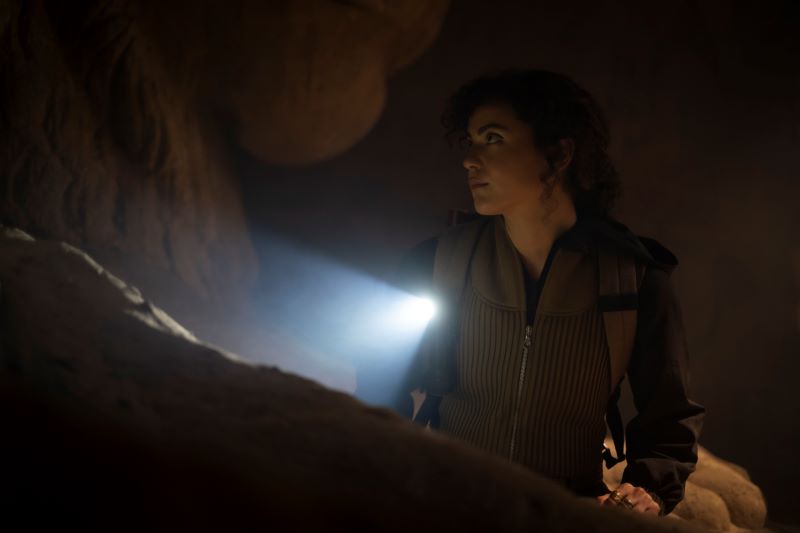
2 – Character Dynamics.
One actor playing two roles does have its challenges, but the same can be said for another actor playing opposite the actor who had to play two roles. And that’s what Egyptian actor May Calamawy was faced with in the series with her character Layla.
“When he [Oscar Isaac] would be each character, it was really two separate people, and I could feel the energy. I wouldn’t even have to ask who he was,” she said. “With Marc, I would find myself more guarded around. With Steven, I’d feel more nurturing. And there was no intellect or thought process involved in it. It was just visceral, and it was so fun to work with you and experience that.”
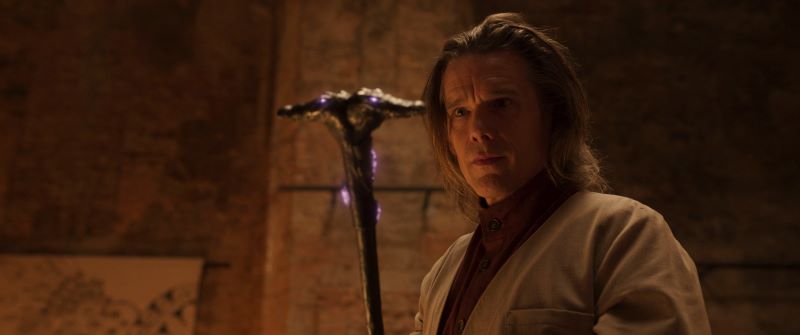
3 – Never Read The Script.
While it’s not unusual for Marvel Studios to make very surprising casting moves for their projects, getting Ethan Hawke. Though the actor is best known for his roles in indie projects, to play the villainous Arthur Harrow was a huge plus. “The one thing I wouldn’t want this whole conversation to go by without saying is that in my whole experience, usually when there’s a huge budget, there’s a tremendous amount of fear. And the people in charge are incredibly controlling, and creativity is reduced.
In my entire experience, with you Grant and with Marvel, it’s the opposite of that,” he said. “ou guys have translated your success into confidence and the confidence to — yes, we are going to cook in your kitchen, but if we stay in the kitchen, we can do what we want. And there was a lot of playfulness and a lot of willingness to fail, and a lot of willingness to have bad ideas. Because you can’t find a great idea if we don’t say some dumb ones and make mistakes.”
No matter the idea, good or bad, there was a push for the cast to contribute their creativity to help add to the show. “No, there was a huge passion to contribute. And when an actor has a strong hit on a character – when they have something they want to contribute, and you follow it, good things happen,” Hawke said. “That’s what collaboration is. And you guys were willing to have that happen, and that’s what you guys told me would happen, but sometimes what people tell you and that’s why you don’t sign on without reading a script. But I’m really glad I did because I think it’s better because of the way it evolved.”
“Moral of the story, never read the script,” Isaac chimed.
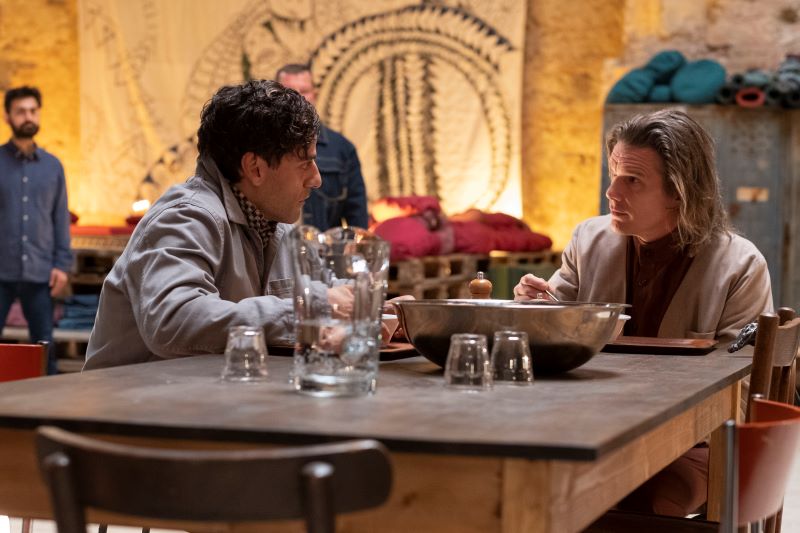
4 – A Different Kind of Superhero.
But with so much superhero content associating their villains having a mental illness, Hawke needed to find a way to play as a sane antagonist. “Well, the history of movies are paved with storytellers using mental illness as a building block for the villain. I mean, there’s countless stories of mentally ill villains, and we have a mentally ill hero. And that’s fascinating because we’ve now inverted the whole process. And so now, as the antagonist, I can’t be crazy because the hero’s crazy. So I have to kind of find a sane lunatic or a sane malevolent force,” he said. “And that was an interesting riddle for me to figure out how to be in dynamics with what Oscar was doing. And Mohamed [Diab] was really embracing his mental illness as a way to create an unreliable narrator. And once you’ve broken the prism of reality, everything that the audience is seeing is from a skewed point of view.”
And it was the skewed point of view that provided a refreshing take on the villain’s motives. Because Harrow is a villain with philosophy and followers to boot. “I think that was our riddle, and we came up with somebody who was trying to save the world,” he said. “And in his mind, he’s Saint Harrow, you know? I mean, he thinks he’s gonna be part of the great solution.”
However, Hawke isn’t the only artist with an independent background. Showrunner and director Mohamed Diab also hails from independent projects. And for both of them, “Moon Knight” represents their first foray into a mainstream superhero project.
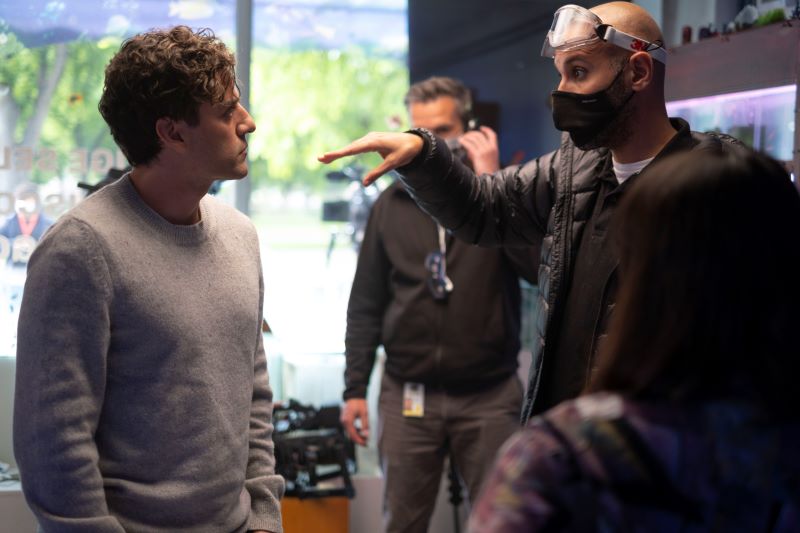
5 – Representation Matters
But working on an MCU story wasn’t the one thing that drew Diab to “Moon Knight.” Instead, it was the story. “I remember telling him [Oscar Isaac] something about making intimate stories not exclusive to budget. And I think Marvel was onto something. I had other offers before to make big-budget movies, but I never connected to anything like this, intimate stories that has some big stuff happening around them,” he said. “You as a normal person discovering that you have another identity that is a superhero. I was drawn right away. And I never want to forget Jeremy Slater for creating such a great concept on how to tackle the story, such a great tackle.”
But telling the story of mental illness through the superhero lens wasn’t the only thing that drew him to “Moon Knight.” The titular hero also presented the opportunity to tell a story rich with Egyptology and the character’s Egyptian origins with an authentic voice. “As an Egyptian, we always see us depicted, or the Middle East depicted in a way that is – we call it Orientalism – when you see us as exotic and dehumanized. Just showing us as a human, just normal human beings, through Layla’s character and seeing even Egypt as Egypt because 90 percent of the time, Egypt is not Egypt. Imagine Paris, and you’re seeing Big Ben in the background. That’s how we see our country. So it’s funny, but it hurts. So that’s really what attracted me,” Diab said.
And one of the things that Diab does to portray fellow Egyptians as human beings has Layla as a complex and layered character. “I love how strong she is. But at the same time, I felt like I got to play the full gamut of a woman with her because she’s strong and she’s for the people and fights for what she believes, but she’s also really vulnerable and scared. So that was fun for me,” Calamawy said.
“Moon Knight” debuts exclusively on Disney+ on March 30, 2022.

